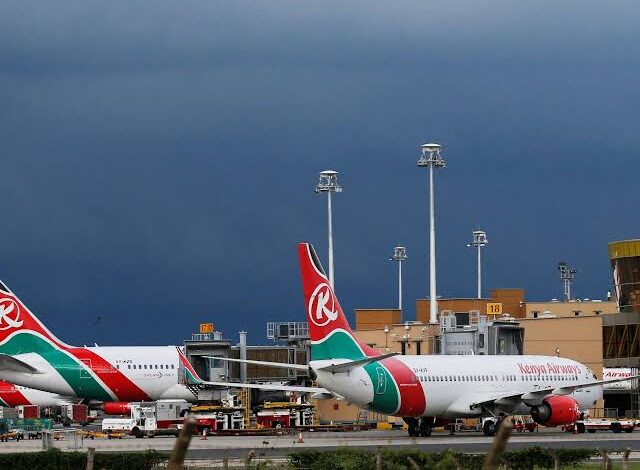
Faith Nyasuguta
As Africa witnesses a wave of visa restrictions falling, a fundamental question arises: What does this mean for Africans?
Recent developments, such as Malawi easing restrictions and Kenya embracing visa-free status for all visitors, signify a shift in the continent’s approach to travel. However, a crucial consideration emerges – does this newfound accessibility truly extend to Africans themselves?
Visa-free travel is gaining momentum across Africa, reflecting a broader global trend of nations reevaluating their entry policies. Malawi’s decision to ease restrictions and Kenya’s groundbreaking move to welcome all visitors without a visa have sparked conversations about the potential implications for Africans seeking more accessible travel.
These changes, though commendable, prompt us to delve into the complexities of this transformative shift.
The concept of visa-free travel holds promise for fostering regional integration, economic growth, and cultural exchange within Africa. It dismantles barriers that have long hindered cross-border movement, paving the way for a more interconnected continent. However, the crucial question lingers – does this newfound freedom equally benefit African citizens seeking to explore their neighboring countries?
Kenya’s decision to go visa-free for all visitors garnered attention, not just for its progressive stance but also for the potential impact on Africans. While it opens doors for global travelers, the focus shifts to whether Africans will experience the same level of accessibility within the continent. Visa restrictions have often been criticized as a form of “new apartheid,” perpetuating inequality rooted in historical prejudices.
For African citizens, navigating visa requirements has historically been a cumbersome process, hindering the spontaneity and ease associated with travel. The hope is that as more African nations embrace visa-free policies, it will lead to a domino effect, dismantling the barriers that have impeded intra-African travel for far too long.
The move towards visa-free travel is not just about removing administrative hurdles; it is a symbolic step towards unity. A continent interconnected by accessible travel can leverage its diverse cultures, economies, and talents more effectively. It challenges the stereotypes associated with borders and fosters a sense of shared identity among African nations.
However, achieving true visa-free accessibility requires a collaborative effort. It necessitates a commitment from multiple African nations to reciprocate and embrace a more inclusive approach to travel.
The success of these initiatives depends on building a foundation of trust among nations and dismantling the historical baggage associated with border restrictions.
As more African countries contemplate following the lead of Malawi and Kenya, the potential benefits are vast. Increased tourism, improved business opportunities, and enhanced cultural exchange are among the positive outcomes. It signifies a departure from isolationism towards a vision of Africa as an integrated, dynamic entity.
While visa-free travel offers promise, challenges persist. Security concerns, economic disparities, and political considerations may complicate the implementation of such policies. Striking a balance between openness and safeguarding national interests remains a delicate task for policymakers.

Ultimately, as Africa embarks on a journey of dismantling visa restrictions, the focus must remain on ensuring that this newfound accessibility extends to all Africans as well. The continent has an opportunity to redefine its narrative, fostering unity, collaboration, and shared prosperity.
In the pursuit of a borderless Africa, the words of Kwame Nkrumah, Ghana’s first President and a prominent advocate for African unity, resonate profoundly: “I am not African because I was born in Africa, but because Africa was born in me.”
This poignant quote encapsulates the essence of the borderless vision for Africa, emphasizing a shared identity that transcends geographical boundaries. Nkrumah’s vision is a powerful reminder that true unity goes beyond the removal of physical borders; it is about recognizing the interconnectedness of African nations and embracing the collective spirit that defines the continent.
As Africa endeavors to break down the barriers to travel, these words serve as a guiding principle, inspiring a vision of an integrated, harmonious Africa where citizens move freely, bound by a common heritage and destiny.
RELATED:




